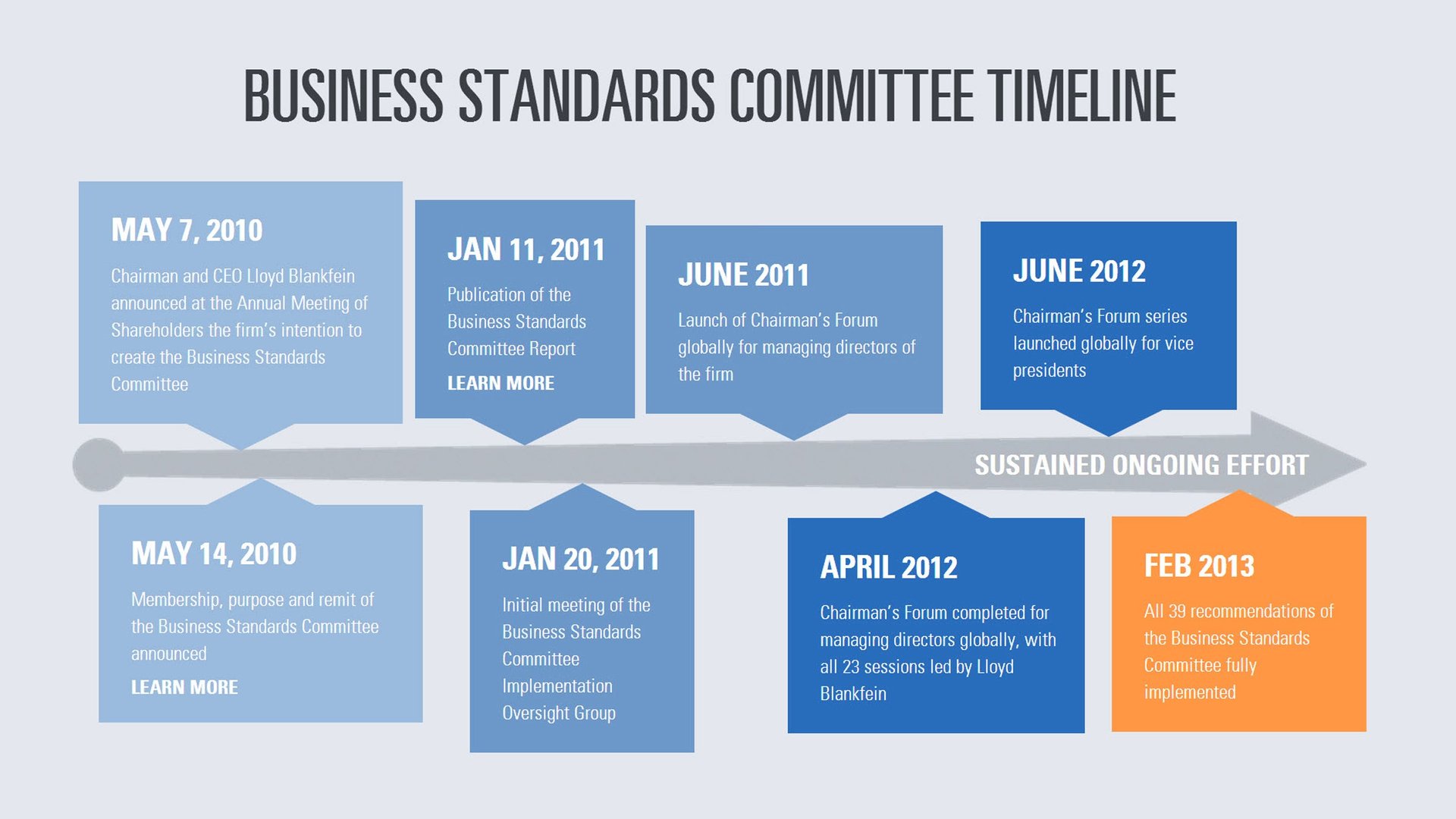Applying lessons and undertaking change
Five years since the onset of the financial crisis, the public continues to ask if anything has changed at large financial institutions to strengthen business standards and practices.


Five years since the onset of the financial crisis, the public continues to ask if anything has changed at large financial institutions to strengthen business standards and practices.
Certainly, the financial system is safer and more resilient. Financial institutions hold significantly more capital and they have materially reduced their holdings of illiquid assets and their gross leverage. Important regulatory reforms are being implemented with respect to capital, liquidity, recovery and resolution, and other areas.
But amid these changes, many in the public worry about whether financial institutions have reviewed and made improvements in how they conduct themselves, communicate, and manage their responsibilities to their clients and fulfill their obligations to the health of the financial system.
In May 2010, Goldman Sachs’ Chairman and Chief Executive Officer, Lloyd Blankfein, announced the creation of the Business Standards Committee (BSC) to conduct an extensive review of our business standards and practices. The mandate of the BSC was to ensure that the firm’s business standards and practices are of the highest quality and that they contribute to overall financial stability and economic opportunity.
The BSC identified six important areas for detailed examination. The working group examined Client Relationships and Responsibilities; Conflicts of Interest; Structured Products; Transparency and Disclosure; Committee Governance; and Training and Professional Development.
In January 2011, we published the Report of the Business Standards Committee (PDF), which was the culmination of an extensive eight-month review encompassing every major business, region, and activity of the firm. Within the six identified areas, the firm made 39 recommendations for change.
All of the recommendations made by the Business Standards Committee were implemented by February 2013. In May, we published the Business Standards Committee Impact Report (PDF), which detailed the changes the firm had made over the previous two years.
Three Unifying Themes
We identified three unifying themes across the 39 BSC recommendations which capture the areas of greatest change and impact on the firm.
The first theme is our clients, and the higher standard of care we apply in serving them.
The second theme is reputational sensitivity and awareness, and its importance in everything we do.
The third theme is individual and collective accountability of our people.
E. Gerald Corrigan and J. Michael Evans, the co-chairs of the Business Standards Committee, discuss how The Chairman’s Forum underscores the importance of accountability across the firm as part of serving clients well and protecting the firm’s reputation.
For all our employees, the experience of initiating, approving, and executing a transaction for a client at Goldman Sachs is now fundamentally different. This difference reflects significant changes to processes, business standards, documentation, and transaction approvals, all of which impact our approach to decision-making.
The work underlying the BSC is part of a much larger, ongoing commitment by the firm to be more self-aware, more open to change, to learn the right lessons from recent experiences, and to apply what we’ve learned. Going forward, we know we will inevitably make some mistakes. Yet in the same way that we have implemented changes identified through the BSC, we are committed to learn from our experiences and respond in a way that meets the high expectations of our clients, shareholders, other stakeholders, regulators, and the broader public we serve.
Learn more about our efforts and the changes we have made.
This article is written by Goldman Sachs and not by the Quartz editorial staff.